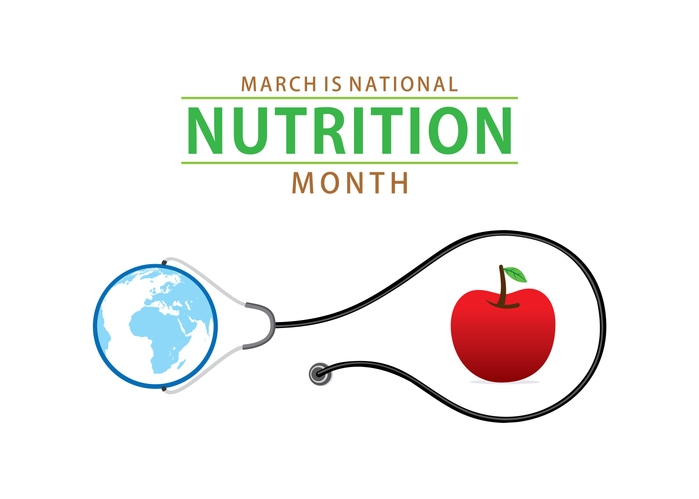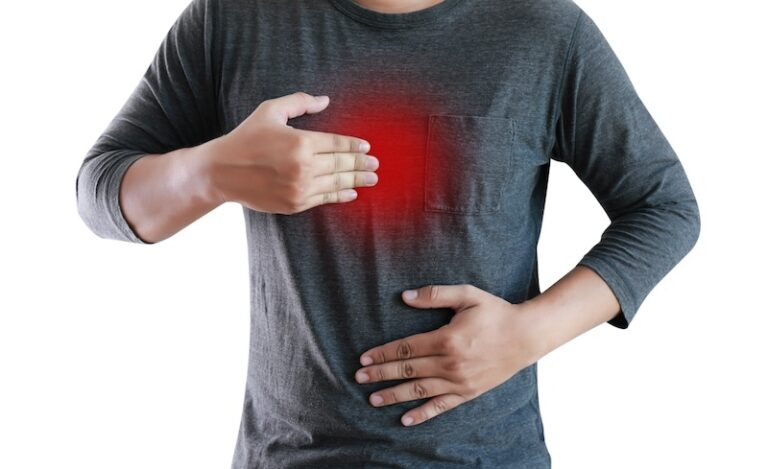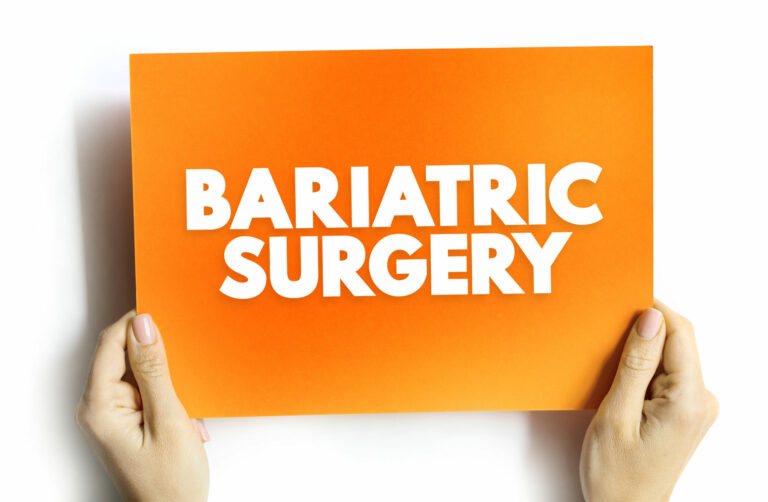7 Diet and Nutrition Myths Debunked
Information circulates easily these days, and that makes it easy to spread misinformation, including weight loss and nutrition myths.
Fad diets, ineffective remedies, and more can not only cause confusion, but may also result in serious health concerns as people deprive themselves of needed nutrients or overdo it on foods that are only healthy in limited quantities. Following are several of the most common diet and nutrition myths today and why they’re false.
Myth 1: “Carbs will make you fat.”
While it’s true that foods high in carbohydrates and low in nutrients (i.e. white bread, cookies, soda, etc.) should generally be minimized or avoided, there are plenty of healthy carb-rich foods to choose from. Whole grains, whole fruits, and legumes can all have positive effects on health without significant risks of weight gain.
For example, studies associate whole grains with lower LDL cholesterol and body fat while reducing risk for type 2 diabetes and heart disease. While they are high in carbs, they have many other benefits besides.
Myth 2: “Avoid eating ______________.”
Many foods have been unfairly condemned as unhealthy, fattening, etc., such as white potatoes and eggs. While eating any food in excess will have poor results for your health, many of these foods contain nutrients that your body needs. Cutting them out entirely may deprive you of those nutrients, leading to other health problems.
For example, while eggs are high in cholesterol, they are low in saturated fat, and they supply protein and other nutrients. Potatoes may be high in carbohydrates, but they can also supply vitamin C and potassium. As long as these foods are eaten in moderation, they can play a helpful role in a balanced diet.
Myth 3: “Diet foods are healthy.”
Many foods labeled as “low-fat” or “fat-free” aren’t actually healthy. For instance, studies have found that many diet foods have more added sugar than their alternatives, making them potentially harmful.
What about foods with zero sugar? Many of these foods substitute non-nutritive sweeteners (NNS) for sugar, which may not be the best alternative. For instance, NNS intake has been associated with a higher risk of metabolic syndromes (such as type 2 diabetes) since it may interfere with gut microbiota.
Myth 4: “Calories in, calories out.”
While eating fewer calories than you burn is a vital component of weight loss, it’s not the only thing to consider. Eating proper nutrients is also important, and in some cases, depriving yourself of food just to keep calorie counts low can make it harder to stick to your diet.
When making eating decisions, remember to focus on the nutritional value of food choices rather than calories alone.
Myth 5: “High-fat foods are bad.”
The truth is you need some fat in order to maintain important bodily functions. When it comes to fatty foods, the main idea is to keep saturated fats low and nutrient value high, so some fatty foods—such as oily fish or eggs—can actually help you maintain a balanced diet.
Also, studies suggest that reducing carbohydrates is more helpful for weight loss than minimizing fat intake. While you shouldn’t overdo it with either, cutting sugar can be more helpful than going for low-fat options when losing weight.
Myth 6: “No snacking.”
While grazing on unhealthy foods throughout the day may be harmful, having a healthy snack here and there can actually help you maintain a healthy diet. Healthy snacks can curb hunger, promote satiety, and supplement your body with additional nutrients, all of which can actually make it easier to keep to a wholesome diet.
Myth 7: “The more intense the exercise, the better.”
When it comes to exercise, it’s more important to be consistent than intense. Either low-impact or high-intensity exercise can help you lose weight and maintain a healthy lifestyle, so it’s generally more a matter of preference.
If you enjoy more intense exercises, go for it! If not, then a couple hours of moderate exercise throughout the week will usually be sufficient. As long as you’re staying active and using more calories than you consume, you should see progress in losing weight.
Support Your Health With Proven Methods
To sum up, while these nutrition myths may have some small element of truth, they can be misleading. A balanced diet that supplies your body with plenty of nutrients is more helpful than extreme, hard-to-follow fad diets.
If you’re trying to lose weight, there are many proven tools to choose from. In more extreme cases, bariatric surgery can help support a healthy lifestyle when diet and exercise alone are insufficient. To learn more, contact Dr. Malladi today.







